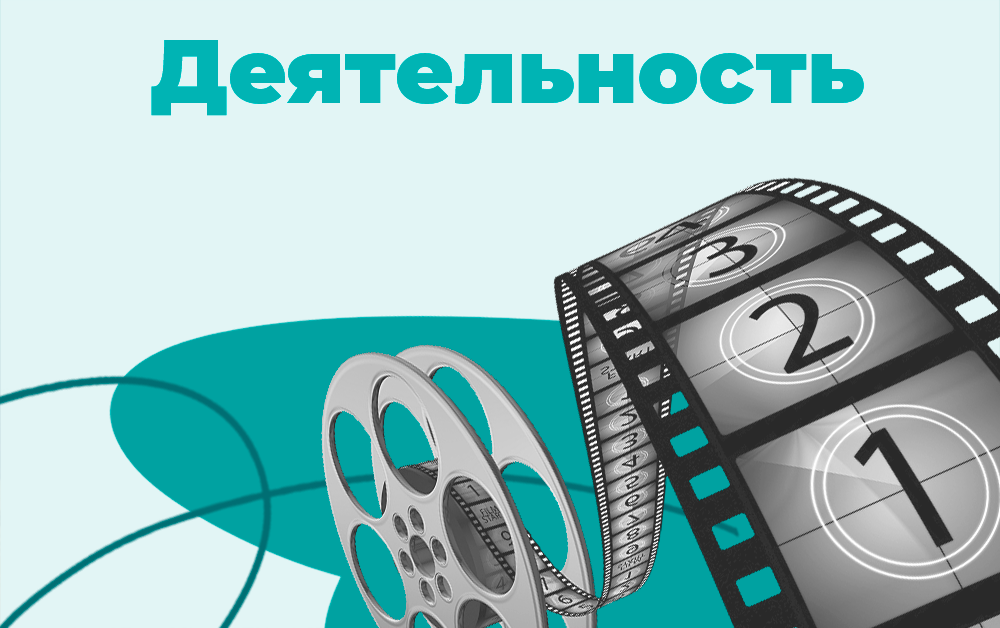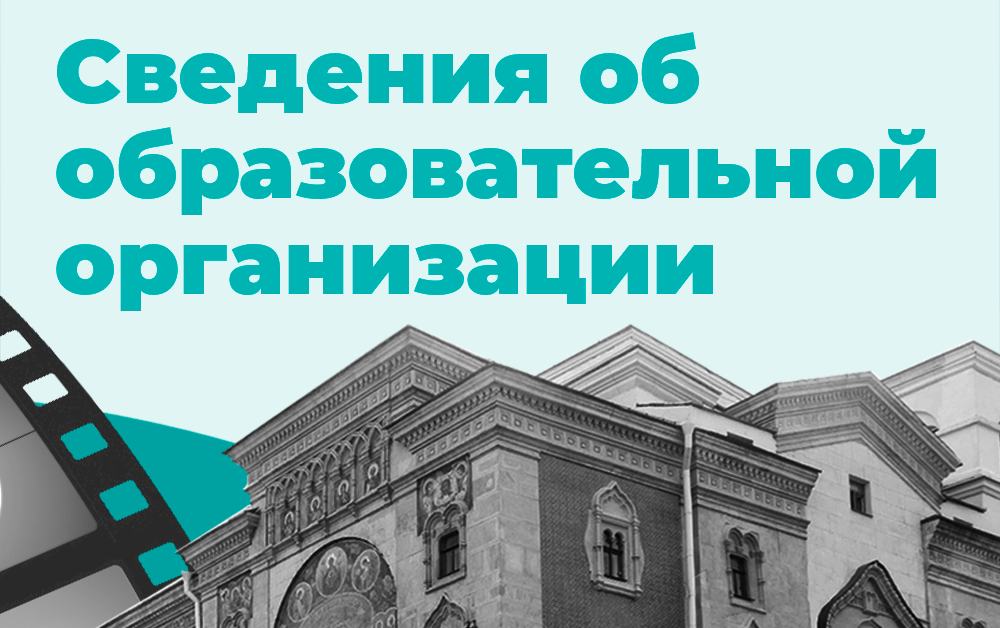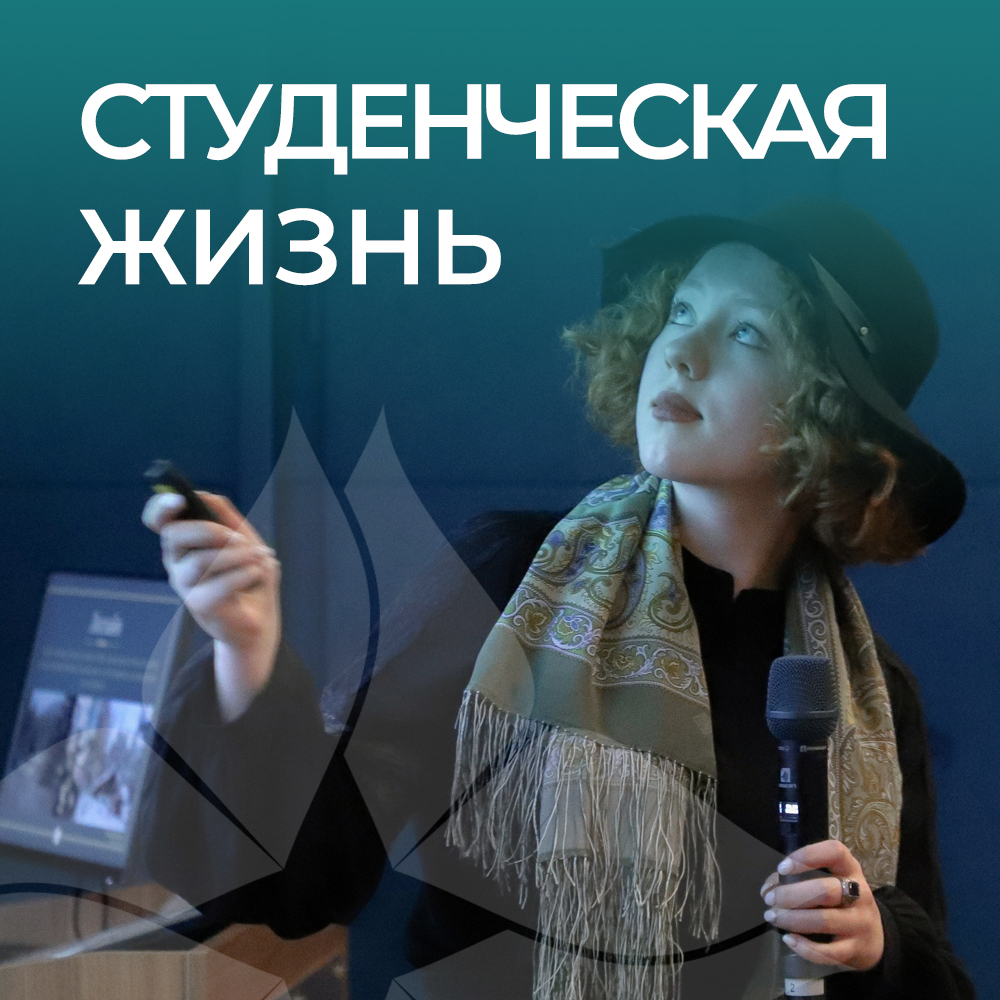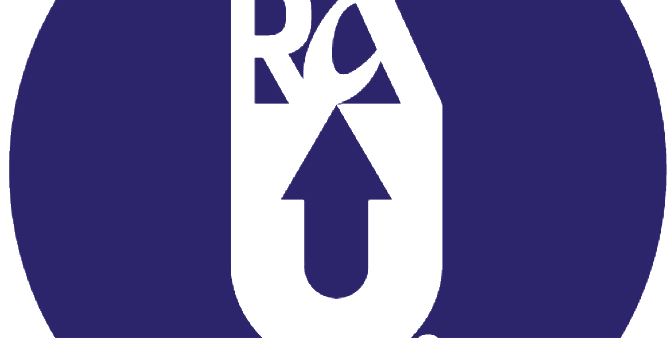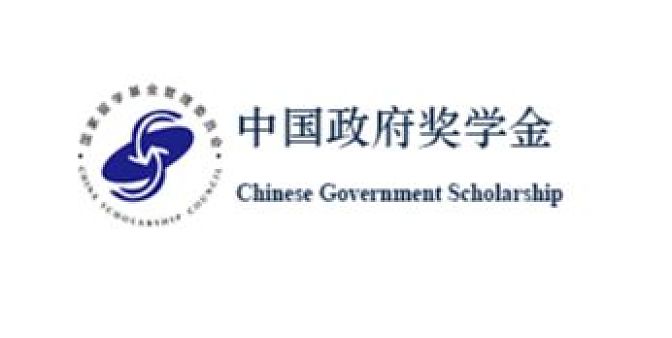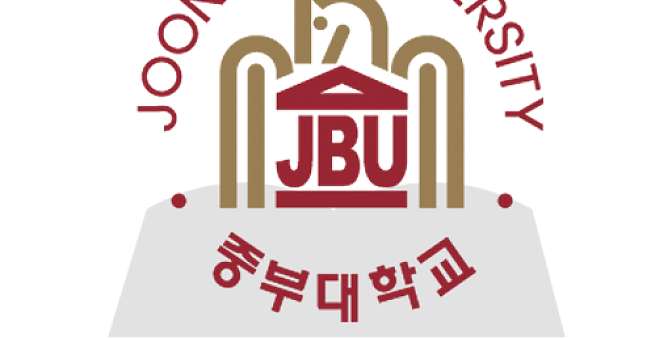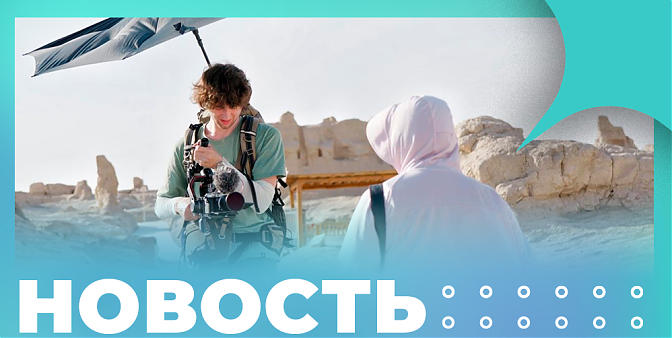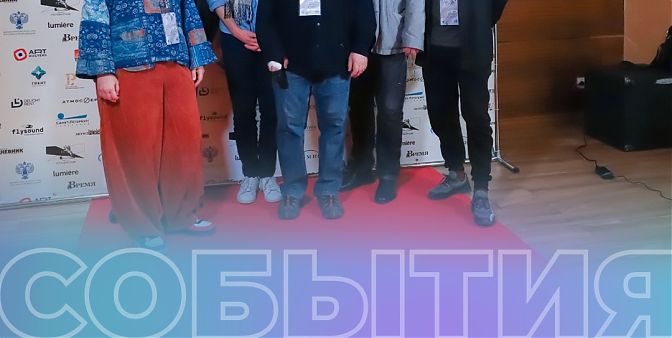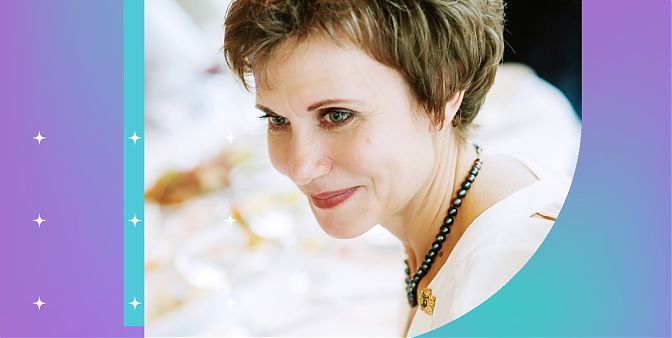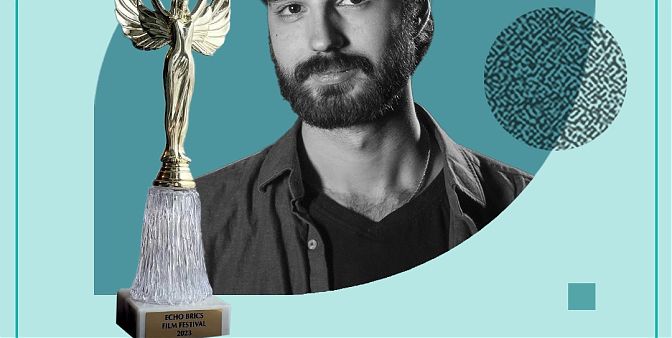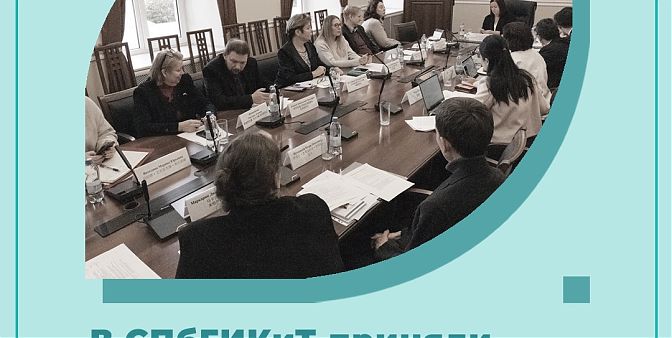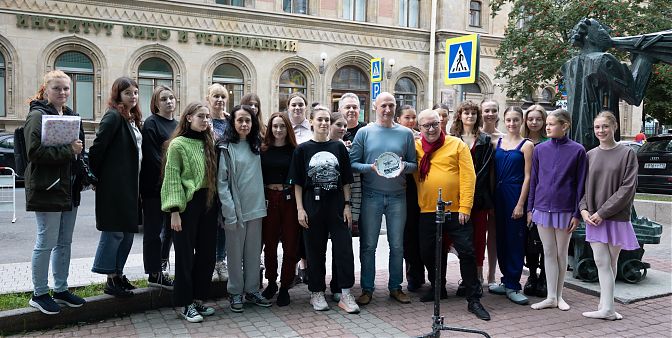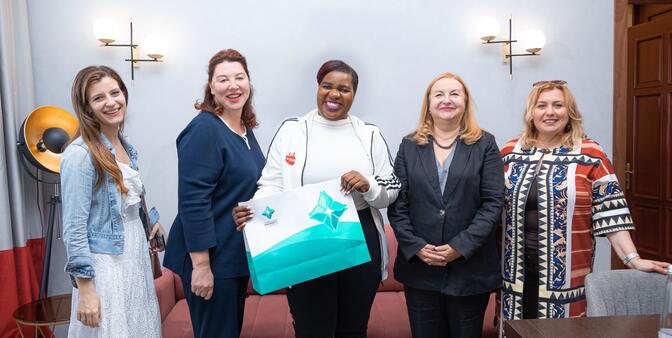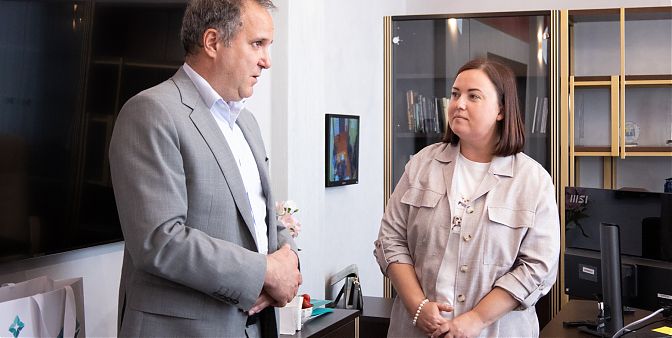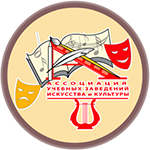22.11.2017
IBC2017 – Good opportunity to start own career
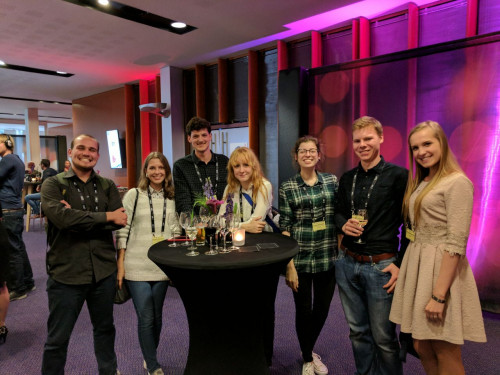
We start to publish a series of notes of our students on the visit to the International Congress of Broadcasters IBC2017 in Amsterdam. The participants share their impressions of the visiting a major event in the European country, but they also tell in detail how to follow them. Author of following notes is Aleksei Bukhalov, student from St. Petersburg State University of Film and Television.
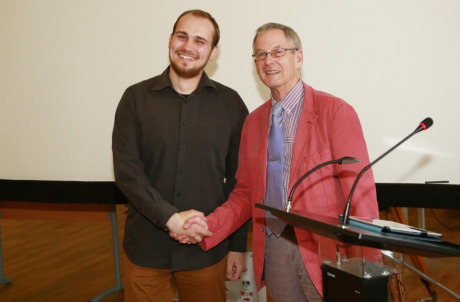
How I became a participant
![]() My name is Aleksei Bukhalov. I am a student from St.-Petersburg state university of film and television. This September I was a participant of IBC conference through sponsorship possibility provided by IABM education foundation program.
My name is Aleksei Bukhalov. I am a student from St.-Petersburg state university of film and television. This September I was a participant of IBC conference through sponsorship possibility provided by IABM education foundation program.
In order to be a participant of this program I have done a presentation about a current interest theme in media industry and won a competition. As a prize I received a great opportunity to visit IBC2017 in Amsterdam and to attend every session and exhibition stand which I want completely for free. It was very complicated competition but was worth of it. When I heard my name in a list of winners voiced by Martin Salter I was so excited that I got believe everything is possible and I can achieve everything in my media goals.
Interest for students
IBC is a big place where there are a lot of covered topics like 5G, high dynamic range, high frame rate, virtual reality, augment reality, mixed reality, IPTV, ULTRA HD, audio technologies, live streaming, digital cinema, 8K, second screen etc. Thus, every student and everybody can find something interesting for themselves. At the conference everybody can ask any question on any stand and get complete answer. I think it is a main thing why IBC so attractive for students and somebody who would like to study in media, TV or cinema industry.
What I searched and found at IBC
As a theme of my master’s dissertation is called “eye-tracking and applying of it in media industry” I was interested in many sessions of IBC related to VR, AR and sessions which told about interactive systems. I attended many sessions covered these issues, so, it will help me to write my dissertation. Unfortunately, it is not possible to attend every interesting session and have a talk with all people on stands I would like to talk with because of huge size of RAI (place where IBC is) and a big number of stands and sessions. But even this number of sessions and exhibition stands visited by me is a great experience in getting new information about my subject of studying and some interesting themes like technologies of achievement High Dynamic Range and 8K.

There are more than 1000 international companies from all over the world: well-known brands like Google, Sony, Canon, ARRI, Facebook, Sennheiser, Intel, Dolby. My attention was attracted by exhibit stand of Facebook where was shown stuff which turns mobile phone into 360 degree camera. I suppose it is one of the revolution things presented at the conference. At the stand I asked some questions about this subject and about their virtual reality glasses which can show 6K image. There I was told about technical problems of realization these cameras and how to achieve such high resolution of VR glasses. The Facebook exhibitor told me that the main difficult in achievement of high VR resolution is not enough speed of transfer data and, although we can reach high resolution of image, video etc., we cannot reach it in VR because data is processing in real time in two channels for left and right eye. Also, big data is the main problem of any 360 degree cameras because it processes and stitches pictures from front and from back camera in real time. So, the exhibitor advised me to delve deeper into this problem. Answers to my questions and ways of decisions of some problems which received by me are very important in my research work at my university and these new knowledges are useful for me.
At sessions some companies presented their novelties, some talked about future of media industry, some explain to us their technologies. And once, I listened to a session where speaker had speech not only about their new camera he spoke about basic things of cinema engineering, about appreciating of quality of image, like how to reach high contrast and explained what is a colorimetry. It is the same things which I studied at my university on subjects like “basics of recording and playing of information” and “cinema equipment”. So, it was a great sense that theoretic knowledges received at the university somebody repeated to you from a stage in IBC.
The greatest innovations at IBC
One thing which I never seen before was an innovation filmscanner. It can scroll a tape with high velocity and it works without gears and cogs, therefore filmascanner can works unceasingly. It works by flash of laser steam which let to count frames and at the same time shoot a picture. So that, this new technology can let to continue to make films with a tape. At university classes I studied filmscanner only with cogs and I had no thinks that it can works without cogs.

I was very astonished when saw Future zone. It includes the hottest novelties of the media world like VR with objected oriented audio which proposed Sennheiser, augmented reality with scanning your hands that gives more realistic immersive, 8K television quality, 3D image without glasses it was amazing!
One session was called “The future with Robots that are like us” and there we were looking at robots similar to us. They could speak in English, portray emotions and do some movements with head and hands. It looked marvelously and I consider a slogan of the session and whole exhibition could be “the future is already here”.
Conclusion
I left the conference with new knowledges and the great experience received in a such short period. Due to the conference I know what to study and which areas of media industry have not explored. Now I changed my mind about my education and future profession and I see it by a different, more complicated way. I want to say thanks everybody who organized this event because it is great opportunity to familiarize with novelties of media industry, to get new knowledges and to meet new friends from other countries. Who knows we might well cooperate in media industry in the future.

Finally, I thank to Martin Salter – Director & Trustee, IABM Educational Foundation; Konstantin Glasman – Head of International Relation Department, St. Petersburg State University of Film and Television; and Viktoriia Chafonova – my research leader, PhD, docent of Department of Film-Video Apparatus of St.–Petersburg State University of Film and Television.
Aleksei Bukhalov,
St.Petersburg State University of Film and Television



